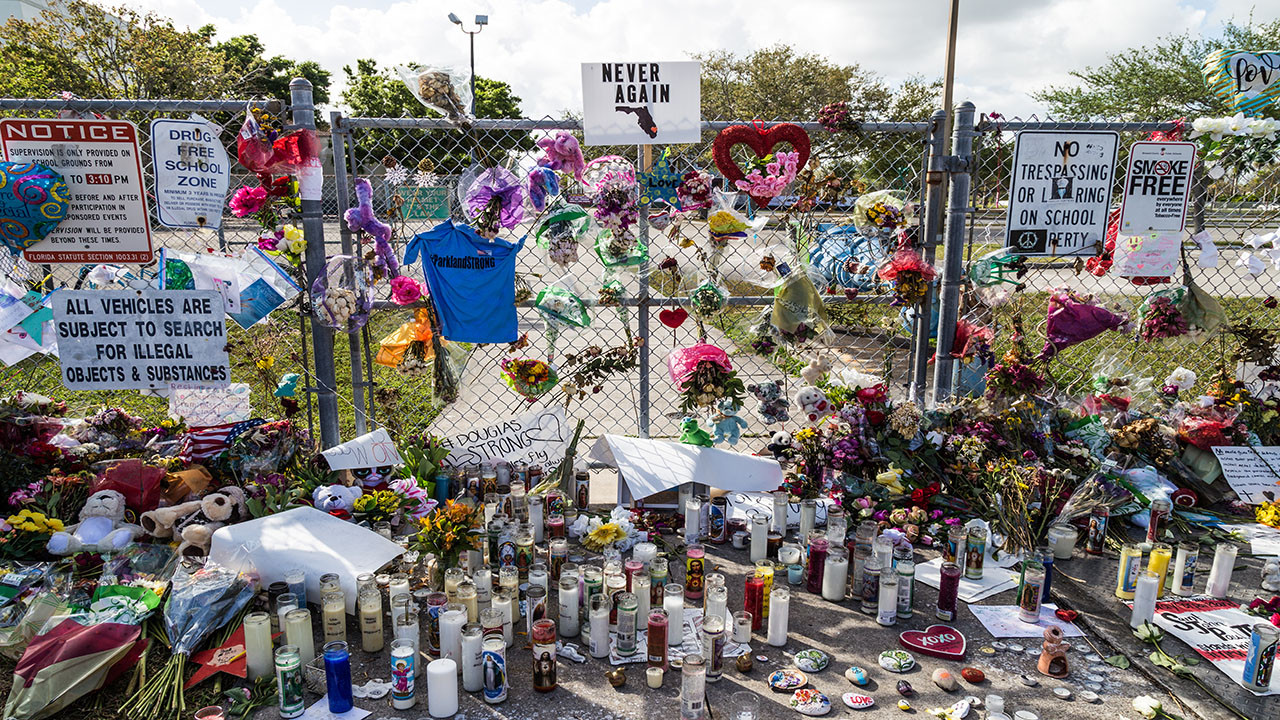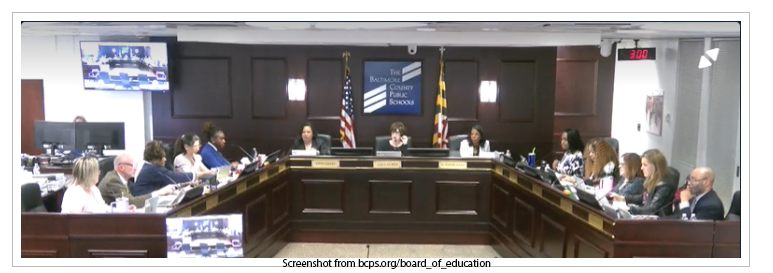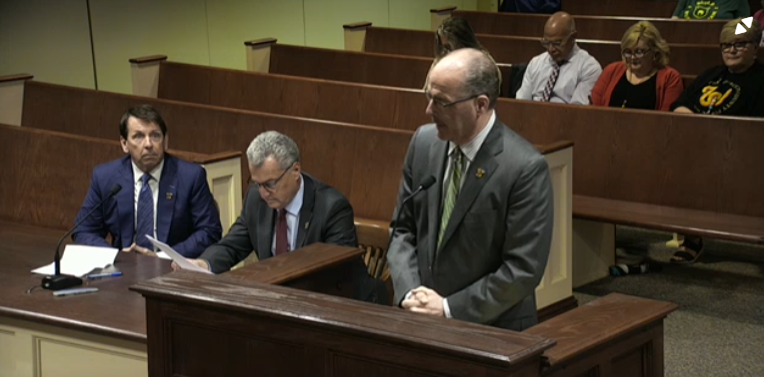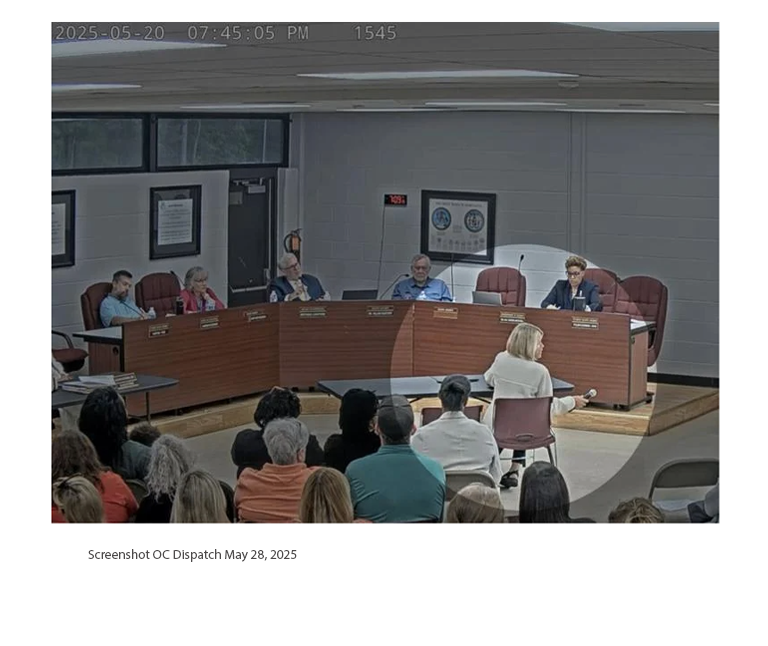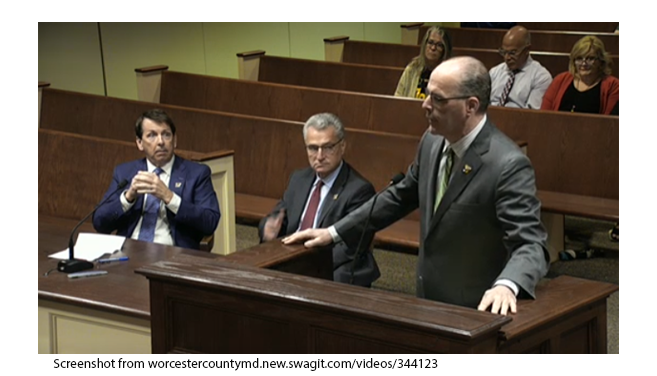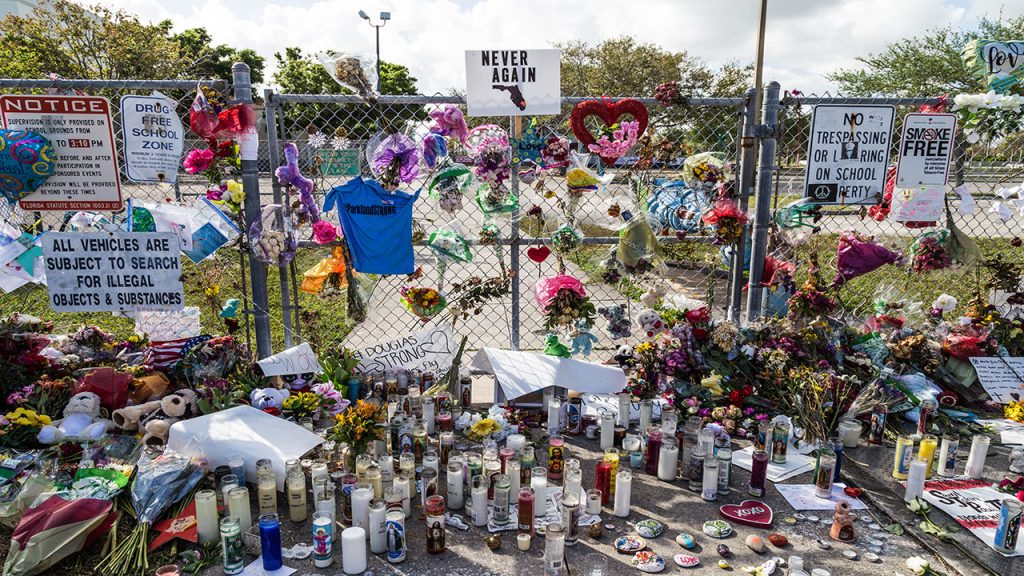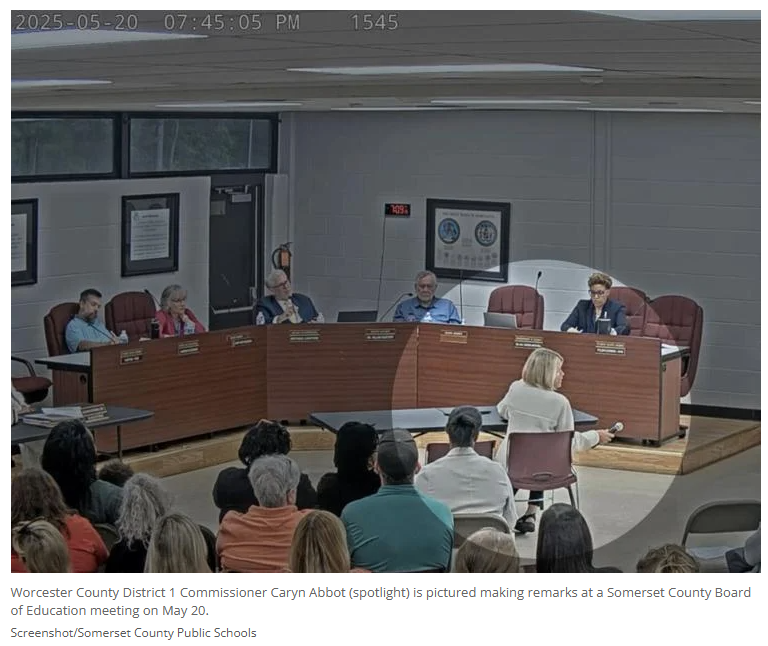

Strategies For Reducing Negative Interaction Between Students and SRO’s
As education systems strive to create safer and more supportive environments for students, it’s essential to address the interactions between School Resource Officers (SROs) and students. In an upcoming presentation at the National Organization Student Success (NOSS) Conference in Las Vegas, I will offer insightful strategies to minimize negative impacts in these interactions.
One of the fundamental strategies for reducing negative interactions is to ensure that administrators are actively involved in managing non-criminal issues within the school. By taking charge of disciplinary matters that do not involve violations of the law, administrators can prevent unnecessary escalation and maintain a conducive learning environment. For example, if a student is involved in a minor altercation with a peer that does not pose a threat to safety, it’s more appropriate for the school administration to address the issue rather than involving law enforcement.
Moreover, clear communication and collaboration between school staff and SROs are essential to minimizing misunderstandings and conflicts. Teachers and administrators should establish protocols for when it is appropriate to involve SROs, ensuring that their involvement aligns with the severity of the situation and the school’s policies. For instance, in cases where there is suspicion of drug possession or weapons on campus, immediate involvement of the SRO may be necessary to ensure the safety of students and staff.
Additionally, it’s crucial to clarify the role of SROs within the school community to avoid confusion and misuse of their authority. While SROs are valuable resources for law enforcement and safety education, they should not be assigned duties that detract from their primary responsibilities. For example, assigning SROs to monitor lunch or hall duty may dilute their effectiveness in responding to emergencies or addressing criminal activity on campus. Instead, SROs should be encouraged to engage with students in meaningful ways outside of their formal duties, such as participating in school clubs or mentoring programs.
Finally, fostering authentic relationships between SROs and students can significantly contribute to reducing negative interactions and building trust within the school community. SROs should be encouraged to interact with students in non-enforcement contexts, such as attending school events or conducting safety workshops. By establishing positive rapport with students, SROs can become trusted allies rather than perceived threats, leading to better communication and cooperation in maintaining a safe and supportive school environment.
Minimizing negative interactions between students and SROs requires proactive measures and clear communication among all stakeholders involved. By empowering administrators to handle non-criminal issues internally, establishing clear protocols for SRO involvement, clarifying SRO roles and responsibilities, and fostering authentic relationships between SROs and students, educational institutions can create safer and more supportive environments for all members of the school community.
Dig Deeper With Our Longreads
Newsletter Sign up to get our best longform features, investigations, and thought-provoking essays, in your inbox every Sunday.
The MEN was founded by John Huber in the fall of 2020. It was founded to provide a platform for expert opinion and commentary on current issues that directly or indirectly affect education. All opinions are valued and accepted providing they are expressed in a professional manner. The Maryland Education Network consists of Blogs, Videos, and other interaction among the K-12 community.

